Blog
Do I Get Paid if I am On-Call?
In the world of employment law and payment rights, understanding when you are considered “working” – and thus entitled to compensation – can be a bit tricky. One such ambiguity presents itself in on-call scenarios, which is often miscategorized by employers.
Understanding your right concerning on-call hours is essential, as this knowledge ensures that you receive appropriate compensation for your work while preventing you from being taken advantage of. California takes a very worker-friendly stance towards employees and on-call pay, so it’s essential to make sure you understand the protections.
What is On-Call Time?
On-call time, often referred to as standby time, is a period during which an employee is not actively performing their job duties but must remain available to work upon short notice. During these periods, employees must restrict their activities based on the requirement of being ready for potential calls into work.
In essence, while technically they may not be directly engaged in productive tasks related to their job role for this duration – like fulfilling driving routes of truck drivers or attending patient rounds by physicians – they are limited from fully enjoying their leisure; it is not the same as time off.
On-Call Employees Must Be Paid in California
In California, the rules governing on-call time are clear: employers must compensate employees accurately and fairly for all hours during which they’re effectively not free to use their own time as they wish
Therefore, workers deemed ‘on-call’—expected to be ready for work at a moment’s notice—are typically entitled to payment. Employees are entitled to at least the minimum wage rate during any on-call hours. If an employer does not honor this right and fails to provide payment in these circumstances, workers can initiate legal action for these discrepancies.
Some healthcare workers are subject to different rules, as they are often governed by federal on-call rules rather than state rules. If you’re unsure about your rights and believe they’re being violated, it’s always a good idea to speak with a San Diego employment law attorney who is well-versed in employment law as soon as possible.
On-Call Time Usually Counts Towards Overtime Hours
On-call time is generally added as part of the calculation for overtime pay in California. If you are spending over 8 hours at work in one day or exceed 40 total in a week including on-call hours, those additional hours should typically qualify for overtime.
In cases involving extended shifts, such as over twelve working/on-call hours per day or eight consecutive days over a seven-day week schedule, these can require double-time pay instead – two times your regular hourly wage rate
Again, there are some exceptions for various occupations, like ambulance drivers who may have slightly different rules.
What To Do If You’re Not Being Paid For On-Call Time
If you suspect that your employer may not be rightfully compensating you for on-call time, there are two steps you can potentially take.
File a Complaint with the State Labor Agency
First, consider filing a complaint against your employer with the relevant state labor agency – in California’s case, Division of Labor Standards Enforcement. This governmental body undertakes action to rectify different wage discrepancies including unpaid on-call hours.
Initiate a Lawsuit
Another course of action involves filing a lawsuit against your employer for violating state wage and hour laws. A successful suit could entitle you not only recovery of unpaid wages but also attorney’s fees and penalties.
These cases can be difficult, so it’s always a good idea to work with a unpaid wages lawyer in San Diego. If you need help, contact us today to schedule a free consultation.

